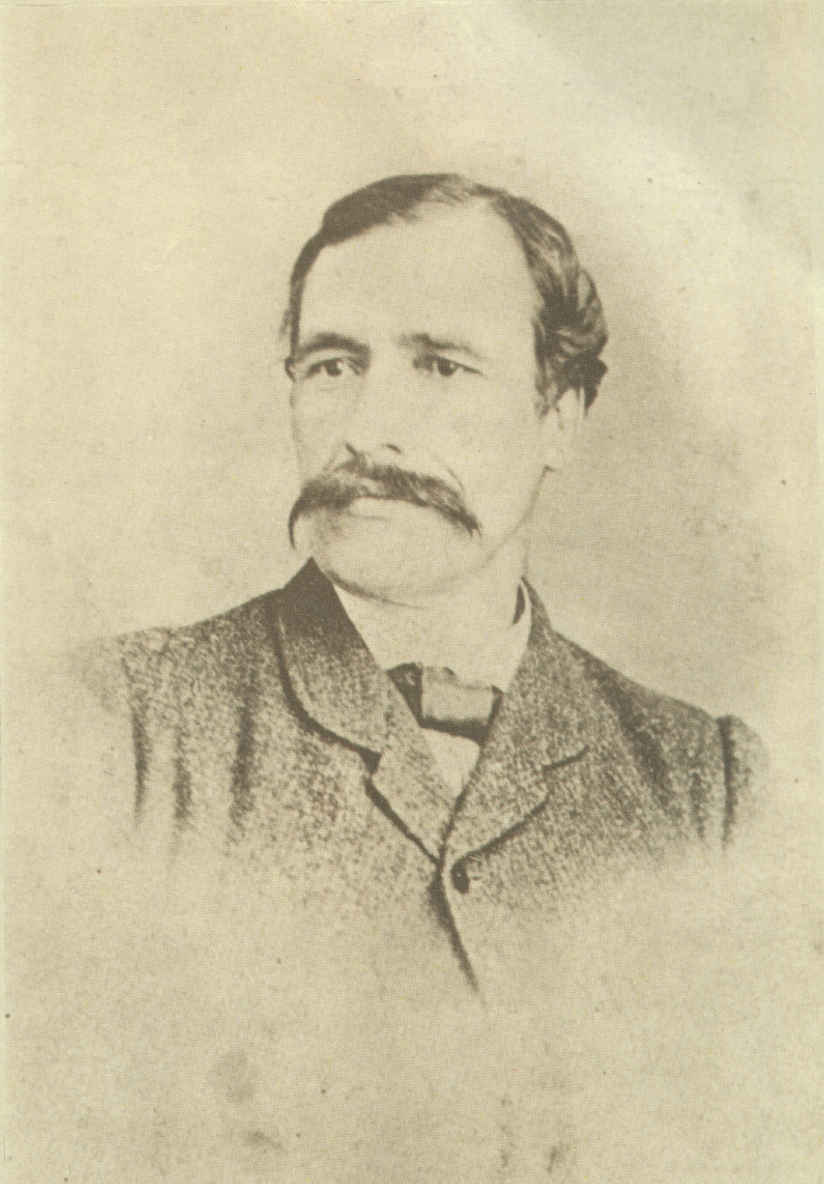- Georgi Sava Rakovski
Infobox Person
name = Georgi Rakovski

caption = Bulgarian revolutionary and writer
birth_date = 1821
birth_place = Kotel,Ottoman Empire
dead=dead
death_date = death date|1867|10|9|mf=y
death_place =Bucharest ,Romania Georgi Stoykov Rakovski ( _bg. Георги Стойков Раковски) (1821 –
9 October 1867 ), known also witn his greek surname Georgi Sava Rakovski ( _bg. Георги Сава Раковски), born Sabi Stoykov Popovich ( _bg. Съби Стойков Попович), was a 19th-century Bulgarian revolutionary and writer and an important figure of theBulgarian National Revival and the resistance against Ottoman rule.Biography
Early life
Born in Kotel to a wealthy and patriotic family, he attended monastery schools in his hometown and in
Karlovo , and in 1837, went to study in the Greek Orthodox College inIstanbul . [cite book
last =Crampton
first =R. J.
title =A Concise History of Bulgaria
publisher =Cambridge University Press
date =1997
pages =p.77
isbn =052156719X ] In 1841, he was sentenced to death whilst involved in revolutionary plans against the Turks, but thanks to a Greek friend, managed to escape toFrance . A year-and-a-half later, he returned to Kotel, only to be arrested again in 1845. Sent to Istanbul for seven years of solitary confinement, he was released in May 1848.He decided to remain in Istanbul, where he worked as a lawyer and tradesman, and took part in campaigns for a Bulgarian national church. Rakovski was soon arrested once more, this time due to his creation of a secret society of Bulgarians to assist the Russians in the
Crimean War . While being deported to Istanbul, he escaped, and gathered together a group of rebels. In June 1854, he was transferred toBulgaria .Literary work
Between 1854 and 1860, Rakovski spent his time writing, publishing reviews, and avoiding arrest.
His best-known work, "Gorski Patnik" (translated as "A Traveller in the Woods" or "Forest Wanderer"), he penned during the Crimean War (1853-56) while hiding from Turkish authorities near Kotel. Considered one of the first Bulgarian literary poems, it was not actually published until 1857. [cite book
author =Margaret H. Beissinger, Jane Tylus, Susanne Lindgren Wofford
title =Epic Traditions in the Contemporary World: The Poetics of Community
publisher =University of California Press
date =1999
pages =p.79
isbn =0520210387 ] The published version differed from the first version, in that it had a clearer plot and improved style.The plot concerns a Bulgarian man who recruits a rebel group to mutiny against the Turks. Rakosvki's aim in writing this was to awaken the people's spirit to fight for freedom and to take revenge on the Turks for their cruelty. The novel opens with the main character admiring the beauty of nature on the
Bosporus . A preoccupation with national problems and lack of freedom clouds his mind, and he encourages others to join him in a revolt. As the insurgents travel toward Bulgaria, the reader takes in their courage and trials of the journey. The work is said to “unite all the ideology, hopes and beliefs” of the Bulgarian people in their brave fight against the yoke.Rakovski left "Gorski Patnik" incomplete. Written in archaic language, it was difficult to read, but still had a great influence in society.
Revolutionary work
1861 saw him in
Belgrade organising aBulgarian legion , and travelling through Europe recruiting support for his country’s cause. While his radical views often met opposition from more moderate minds, his writings incited youth to go against the Turks. It was in this year that he wrote his "Plan for the Liberation of Bulgaria". [cite book
last =Trotsky
first =Leon
coauthors =Brian Pearce, George Weissman, Duncan Williams
title =The War Correspondence of Leon Trotsky. The Balkan Wars, 1912-13
publisher =Resistance Books
date =1980
pages =p.487
isbn =0909196087 ] Many young people rallied under his flag to fight the Ottomans alongside the Serbs. However the conflict between Serbia and the Ottoman empire was soon resolved and the Legion - dissolved [Trotsky, p.487] .Rakovski moved to
Bucharest where he continued his journalistic and revolutionary activities. Led by the belief that Ottoman power could be brought down only with armed action, he began organising small groups of revolutionary fighters, called cheti. Their aim was to instigate unrest in Bulgaria, thus motivating the population to fight theOttomans . [Crampton, p.77 p.137] For the purpose of co-ordinating the armed resistance Rakovski and his followers founded theBulgarian Revolutionary Central Committee - an organization which was yet to feature in the Bulgarian Liberation movement [Crampton, p.78 p.137] . In 1867 the Committee equipped two bands ("cheti") who penetrated Bulgaria led by Panaiot Hitov and Filip Totiu. [Crampton, p.77 p.137] They fought battles with the Ottoman forces, but did not manage to fulfill their goals. Led byHadzhi Dimitar andStefan Karadzha , 120 "chetnitsi" entered Bulgaria in 1868 and fought their way toStara Planina before being surrounded by the Ottomans. [cite book
last =Jelavich
first =Charles
title =The Establishment of the Balkan National States, 1804-1920
publisher =University of Washington Press
date =1986
location =
pages =p.137
isbn =0295964138 ] Some of the fighters, including Stefan Karadzha, were wounded, captured and later executed. The remaining men under the leadership of Hadzhi Dimitar were crushed at Buzludzha Peak in Stara Planina [Jelavich p.137] .One of the creators of the Bulgarian revolutionary movement, poet, writer, journalist, Georgi Rakovski died of
tuberculosis in Bucharest onOctober 9 1867 . [Trotsky, p.487]Honour
Rakovski Nunatak onLivingston Island in theSouth Shetland Islands ,Antarctica is named after Georgi Sava Rakovski.References and Notes
Wikimedia Foundation. 2010.
